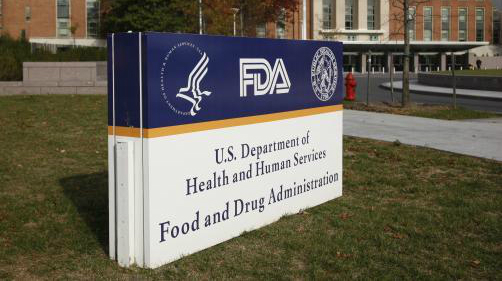FDA and EMA reach milestone in sharing confidential information

European and US regulators have signed an agreement allowing them to share commercially confidential information, include trade secrets, relating to medicine inspections.
The European Commission, the FDA and the European Medicines Agency said the confidentiality agreement is a milestone in a programme to mutually recognise inspections of manufacturers.
The new agreement is certain to cut paperwork by allowing the two regulators to use each other’s good manufacturing practice inspections of drug manufacturing plants.
It is the culmination of nearly three years of co-operation between the FDA and EU and will allow the two regulators to rely on information from drug inspections conducted within each other’s borders.
This will cut duplication of inspections, lower costs, and enable the regulators to devote more resources to other parts of the world where there may be greater risk.
In 2012, the US congress passed legislation allowing the FDA to make agreements to recognise drug inspections by foreign regulators it considers capable of conducting inspections that meet US standards.
This led to a collaboration between the FDA and EU in 2014 to evaluate the way they each carry out inspections, and assessing the risks and benefits of mutual recognition of drug inspections.
The EU and US already had confidentiality agreement in place since 2003, allowing them to exchange confidential information as part of their regulatory and scientific process, but complete exchange of information was not possible under these arrangements.
Scott Gottlieb, the FDA’s commissioner, gave his backing to the agreement on Twitter.
https://twitter.com/SGottliebFDA/status/900718405409357824
https://twitter.com/SGottliebFDA/status/900718759471697920
European regulatory leaders also welcomed the announcement, such as Thomas Senderovitz, director of the Danish Medicines Agency:
https://twitter.com/ThSenderovitz/status/901005554931335168
From a UK perspective, this major step forward in collaboration underlines the risks of Brexit. By leaving the EU, the UK is likely to miss out on the benefits of greater alignment, and will inevitably not be in the vanguard of this process.












